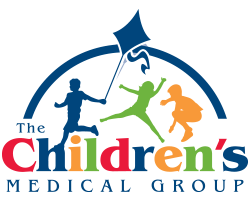As a parent, you know it’s important to feed your kids fruits and vegetables to maintain a healthy lifestyle. The vitamins and minerals your child needs can be found in a well-balanced diet—there is no need to run to the drug store and purchase a bottle of every vitamin on the shelf. In fact, your body only needs a certain amount of vitamins to function properly, and the rest are flushed out of your system.
For those picky eaters or those prone to sickness, a dietary supplement could greatly benefit them. Some pediatricians will recommend children take a dietary supplement, especially if they have a dietary restriction that may be preventing them from getting the vitamins they need. Before you start worrying about the uphill battle it can be to get your kids to swallow a pill every day, know that there are many chewable vitamin supplements out there.
Try prioritizing which vitamins to purchase based on what they normally receive from meals. Then, determine what vitamins they are lacking based on their dietary restrictions.
Know Your Vitamin ABC’s… and More
Vitamin A | Healthy growth, vision, and skin
Vitamin A helps promote healthy vision and skin, and enables your heart, kidneys, lungs, and other organs to work properly. Vitamin A can be found in both plant and animal sources; foods include milk, cheese, butter, carrots, pumpkins, and apricots.
B vitamins | Healthy nerve function
This vitamin promotes cell growth and expansion by assisting your body in making more cells. Foods rich in vitamin B include meats and dairy such as poultry, liver, fish, cheese, and yogurt.
Vitamin C | Healthy immune system
A cold’s worst enemy! This vitamin helps fight illness by overpowering viruses. Citrus is rich in vitamin C, though this vitamin can also be found in vegetables such as broccoli, tomatoes, and spinach.
Vitamin D | Healthy bone structure
This vitamin can help make you stronger. Vitamin D promotes the absorption of calcium, which is great for your bone health. It can be found in milk, cheese, egg yolks, and fatty fish.
Iron | Blood production and building of muscles
Especially important for children’s growth spurts, children struggling with iron deficiencies may show symptoms of irritability, depression, or an increased susceptibility to infection. The best way to get your iron intake is through beef, turkey, pork, and kale.
Calcium | Healthy bone development
Everyone needs an adequate amount of calcium in their diet for healthy bone development and to help prevent diseases like osteoporosis. Foods most rich in calcium include low-fat milk, cheese, yogurt, and dark leafy greens.



Can be difficult to get the right amount of vitamins, even for adults!